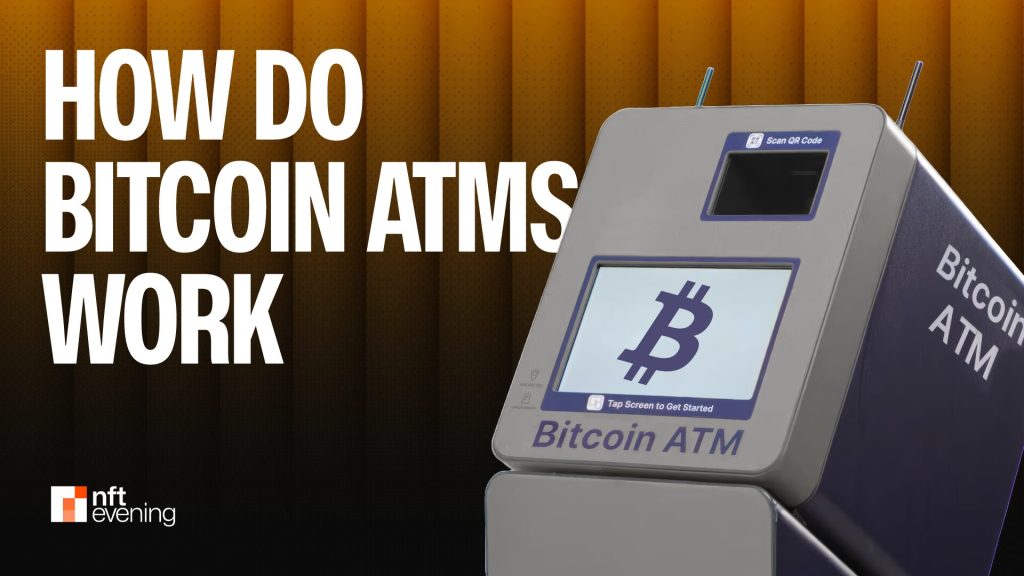Now Reading: Rethinking Inclusion in the Workplace: Gen Z at Women in Leadership
-
01
Rethinking Inclusion in the Workplace: Gen Z at Women in Leadership
Rethinking Inclusion in the Workplace: Gen Z at Women in Leadership

The Women in Leadership (WIL) Day at EHL this year brought together students and industry professionals to discuss workplace inclusion. Gen Z participants highlighted the significance of authentic leadership that prioritizes a sense of belonging and access to diverse voices in the organizational structure. They emphasized that the workplace is evolving due to Gen Z’s professional attitudes, with technology aiding them in pushing boundaries further.
The event attracted around 100 participants, half of whom were students and the other half were experienced professionals, including board members, industry executives, hoteliers, and EHL alumni. The main theme of this year’s WIL Day was the importance of inclusion in light of increasing hostility towards diversity, equity, and inclusion (DEI). Despite challenges, the event focused on addressing this critical topic, especially for Gen Z, known as the most diverse generation.
Reports from DeloitteGallup, McKinsey, and PwC indicate that over 80% of Gen Z value DEI, influencing their career choices and workplace engagement. They expect inclusive decision-making and supportive leadership, with many willing to leave a job lacking diversity efforts. The event highlighted how Gen Z is reshaping workplace attitudes, seeking growth opportunities, meaningful goals aligned with personal values, and a mindset focused on progress and adaptability.
Belonging is seen as a shared responsibility that Gen Z actively nurtures through everyday interactions. They are not waiting for companies to catch up but are creating their own support ecosystems to drive collective progress. Gen Z expects inclusive leadership that values collaboration and innovation over power, and they advocate for diversity that reflects the complexity of the world they live in.
The concept of ‘reverse mentorship’ has emerged, where younger employees offer fresh insights to senior managers, reflecting evolving leadership styles. Leadership is no longer about authority but inspiring collaboration and growth, listening, and valuing people over processes. Inclusive workplaces begin with recruitment strategies that reach diverse talent pools and integrate inclusion from onboarding to career development, providing safe spaces for all employees to contribute to shaping the company culture.






